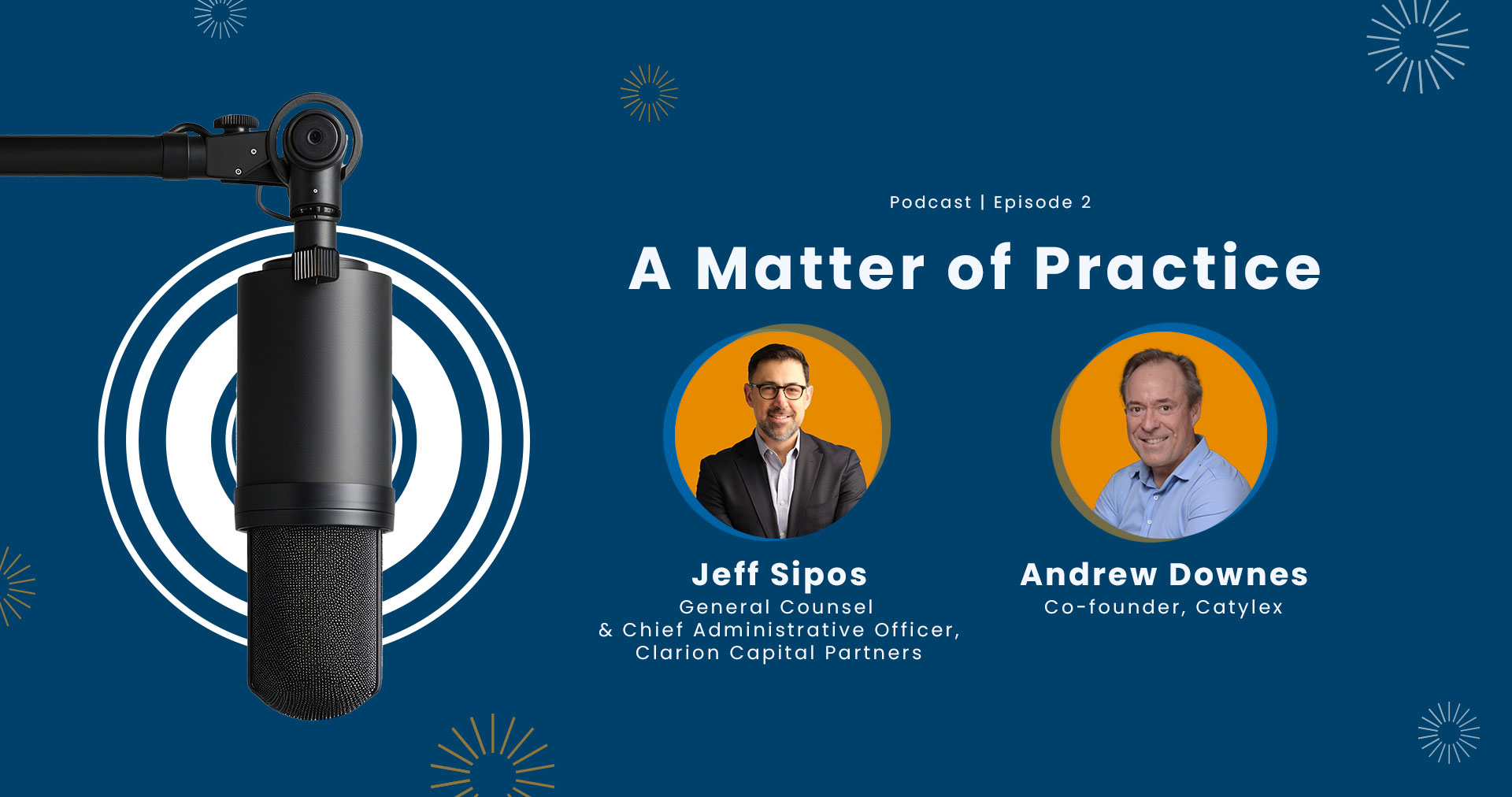As part of a legal department, you may have noticed that the term “CLM” pops up frequently. With countless software options available, you might be wondering, “do I need a CLM system?”. Did you know that a study by McKinsey found that 60% of legal professionals reported challenges managing high contract volumes!
In this article, we unpack the concept of Contract Lifecycle Management (CLM). Come along and explore the benefits of CLM to help you decide if it’s the right fit for your organization.
What is a CLM System?
A CLM system is a software solution designed to streamline the entire process of managing contracts, from initiation and negotiation to execution, performance, renewal, and beyond. Think of it as a central hub that automates tasks, improves collaboration, and minimizes the risk of missed deadlines or hidden obligations.
How Can a CLM System Benefit Your Legal Department?
The following are the steps to how a CLM system can revolutionize your approach to contracts.
Enhanced Organization
Say goodbye to endless spreadsheets and overflowing email inboxes. CLM software provides a centralized platform to store, organize, and track all your contracts. Find any document instantly with robust search capabilities and version control features.
Streamlined Workflow
Stop wasting time on manual tasks. CLM automates repetitive processes like contract drafting, approval routing, and redlining. This frees up your legal team to focus on high-value strategic work.
Improved Collaboration
Break down silos. CLM facilitates seamless collaboration between legal, sales, and procurement teams. Real-time updates and internal communication tools keep everyone on the same page.
Reduced Risk
Missed deadlines, hidden clauses, and misplaced paperwork can lead to costly legal issues. CLM systems minimize these risks with built-in reminders, obligation tracking, and automated clause libraries.
Data-Driven Insights
Gain valuable insights into your contract portfolio. CLM software can analyze trends, identify negotiation opportunities, and help you optimize your contract lifecycle for peak efficiency.

Who Can Benefit from a CLM System?
CLM systems offer advantages for legal departments of all sizes and across various industries. They’re particularly valuable for organizations that:
- Manage a high volume of contracts.
- Struggle with contract visibility and organization.
- Experience frequent delays due to manual processes.
- Need to improve collaboration across departments involved in the contract lifecycle.
- Want to mitigate legal risks associated with contract management.
How Much Does a CLM System Cost?
CLM software pricing varies depending on the provider, features offered, and the number of users. Pricing models typically fall into three categories:
- Per User: Costs are based on the number of users who access the system.
- Tiered Pricing: Different tiers offer varying levels of functionality at pre-defined prices.
- Transaction-Based: Costs are determined by the number of contracts managed in the system.
It’s important to consider your specific needs and budget when evaluating CLM solutions. Most providers offer free demos or trials, allowing you to test-drive the software before making a commitment.
CLM Software Comparison: Next Steps
Now you understand the potential benefits of CLM software. However, with numerous options on the market, choosing the right system can be daunting.











